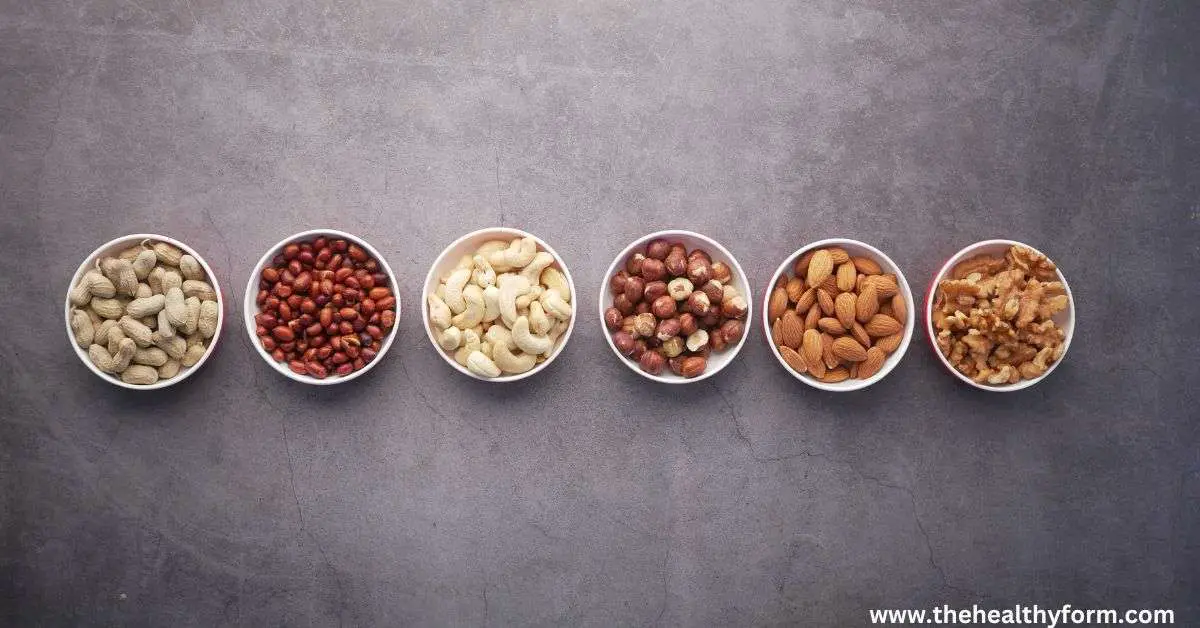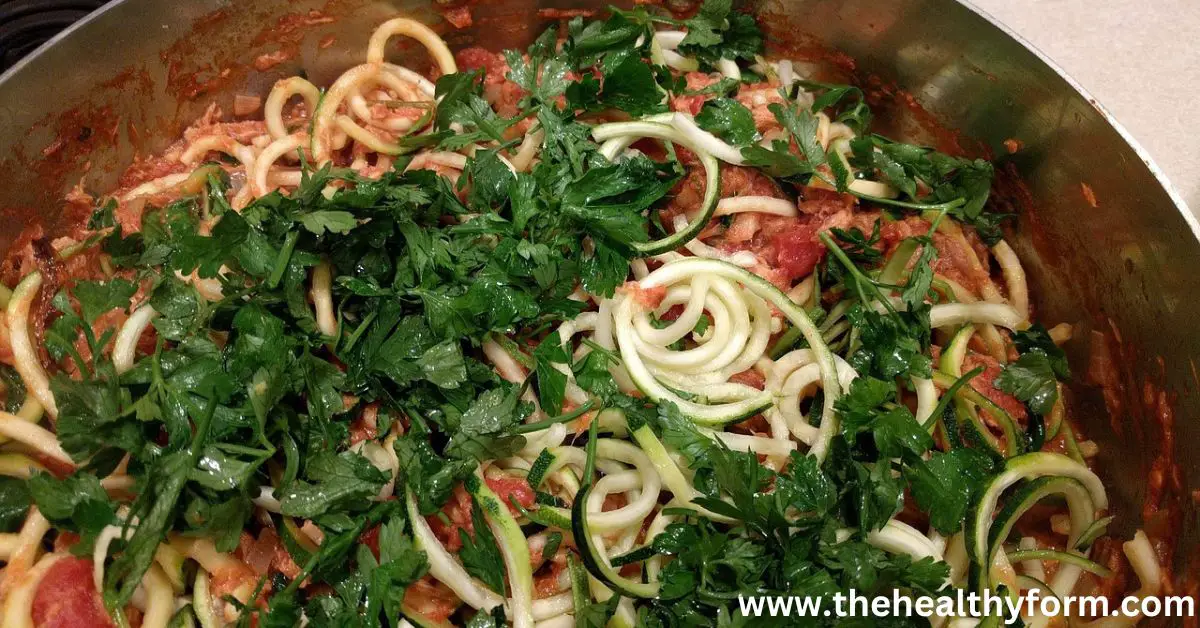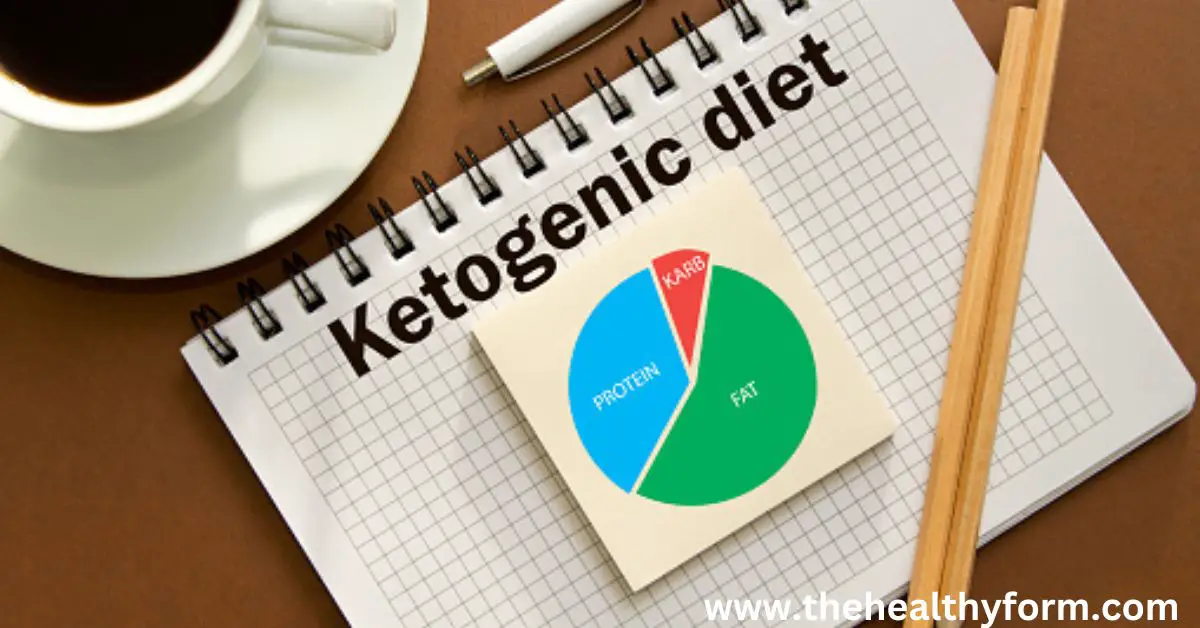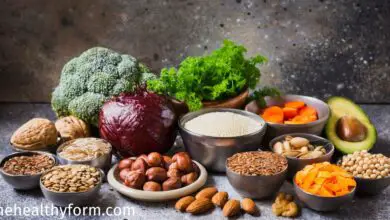Exploring the Benefits of Raw Nutrition
Discover the benefits of raw nutrition and how it can improve your overall health and well-being. Have you ever wished you could get more out of the foods you eat? If so, you may consider exploring raw nutrition’s benefits. Raw nutrition is a way of eating that focuses on unprocessed and uncooked foods — meaning the food is usually eaten in its natural state or lightly cooked at a temperature below 115°F.
Raw nutrition provides numerous benefits, from better digestion to improved nutrient absorption. It also helps boost your immune system and can even help with weight loss — all without any added calorie-dense ingredients or processed foods. In this article, we’ll explore the many benefits of raw nutrition and how it’s different from other diets. Whether you want to improve your physical or mental health, raw nutrition could be an excellent choice!
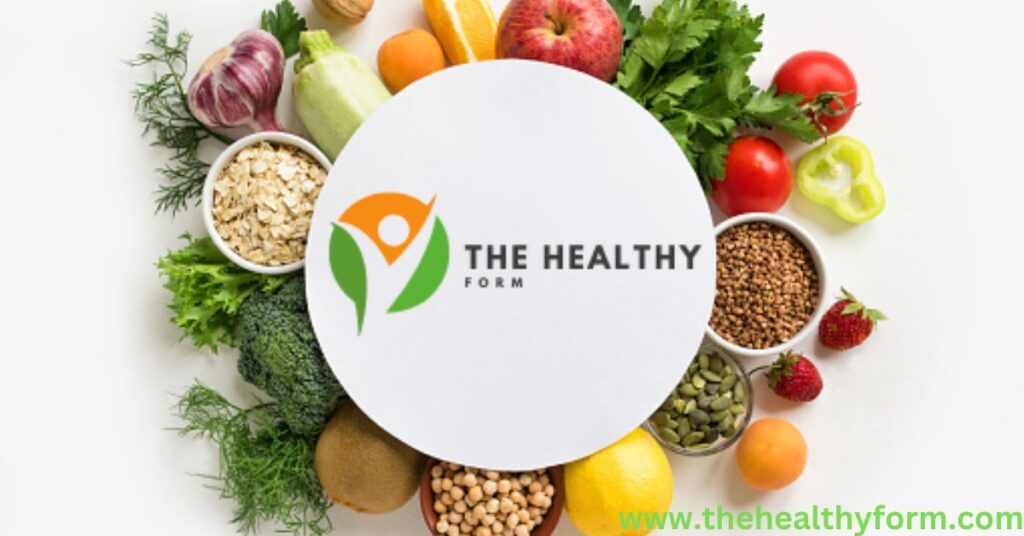
What Is Raw Nutrition?
When it comes to nutrition, raw food is the way to go. Raw nutrition is all about eating unprocessed plant-based foods in their natural state that have not been cooked or exposed to high temperatures. All the ingredients’ vital vitamins, minerals, and enzymes are preserved, delivering maximum nutritional punch for your body.
It’s an approach that removes all the unhealthy—and often tasteless—byproducts from your diet. No preservatives, fillers, or artificial additives. Just delicious and nutritional whole foods! Plus, there are many creative ways to integrate these into your diet without compromising taste.
Raw nutrition has a lot of benefits that make it an attractive option for anyone looking for a healthier lifestyle. From increased energy levels and improved digestion to clearer skin and healthier hair and nails—giving raw food a go can be just the dietary kickstart you need to get healthy!
Nutritional Benefits of a Raw Diet
Discovering the benefits of raw nutrition is easier than you might think. Eating more raw plant-based foods can benefit short- and long-term health.
First, you’ll want to understand that the nutritional value of plants is generally higher when consumed in their raw form. Heat and cooking break down important enzymes, vitamins, and minerals essential for our health. Eating foods closer to their natural state helps maintain their nutrient profile.
On top of this, a greater variety of foods can be eaten in their raw form, whereas cooked food is more limited. This means that you can easily get access to vitamins, minerals, fiber, and antioxidants that you may not be able to receive otherwise. Eating more raw foods also generally means eating fewer processed foods, often higher in sodium, sugar, fat, and calories – all things our bodies don’t need!
Ultimately, adding more fresh fruits and vegetables into your daily diet helps promote overall health and wellness — something we could all use a little more!
The Science Behind Raw Diets
You’re probably starting to see how eating raw foods benefits your health and well-being. But why does raw nutrition work so well? Well, the science behind it is straightforward.
High Nutrient Density
Raw foods are naturally nutrient-dense, meaning they contain more nutrients than calories. Additionally, when fruits and veggies are cooked, some of their nutritional value is depleted, so with a raw diet, you get the full range of vitamins and minerals without processing or prepping.
Easier Digestion
Raw foods are also easier to digest because their natural enzymes remain intact. This means that your body doesn’t have to work as hard to process the food, which gives it energy back that it can use elsewhere. Plus, if you struggle with digestive issues like bloating or constipation, a raw diet can help alleviate those symptoms.
No doubt, eating raw comes with many benefits! With a focus on fresh fruits and veggies, lean proteins like fish and nuts, and healthy fats like olive oil and avocados, these ingredients are simple to incorporate into delicious meals!
How to Incorporate Raw Nutrition Into Your Diet
Raw nutrition can be a great way to energize your body and mind if you can incorporate it into your diet. Here are a few tips to help get you started.
Start Small
When introducing raw nutrition into your diet, start small. Add raw ingredients at breakfast, like smoothies with nuts and seeds or whole fruits. For lunch and dinner, try adding raw veggies. This gives you a chance to get used to the taste of each ingredient before adding more of it to your diet.
Experiment
Once you’re comfortable with these new ingredients, it’s time to experiment! Have fun with raw nutrition by trying new recipes or blending different flavors. Don’t be afraid to experiment–you might discover something you never thought could taste so good!
Take your Vitamins
Raw foods naturally contain plenty of vitamins, minerals, and antioxidants, which help the body resist infection and stay healthy. Consider taking special vitamins or extracts to supplement any nutritional gaps in your diet from eating mostly raw food.
Eating raw allows you to tap into all the nutrients these foods have without losing them due to heat when cooking meals. Remember that it’s important that you get all the right nutrients for energy and optimal bodily health, so make sure you eat a balanced diet of both cooked and uncooked meals for the best results.
Tips for Transitioning to a Raw Diet
If you’re considering transitioning to a raw food diet, here are some tips for getting started:
Plan Ahead
Planning is key when it comes to raw nutrition. This means taking the time to research recipes and figure out what ingredients you’ll need for meals. You’ll also want to plan your grocery shopping trips so that you’re not having to run back and forth every day.
Start Slow
There’s no need to dive into a fully raw food diet immediately. Take it slow and start with one or two days of raw eating each week. From there, you can gradually increase until you reach your desired level of raw food intake.
Get Creative
Getting creative with your meals is important when transitioning to a raw diet. Incorporate more fruits and veggies into smoothies, salads, soups, and other healthy and delicious dishes! Avoid trying different ingredients, such as nuts, seeds, spices, and herbs.
Listen To Your Body
Adopting any new diet or lifestyle change takes time for the body to adjust. Listen to your hunger cues and observe how different foods make you physically and mentally feel. Taking the time to tune in with yourself can help ensure the transition is successful in the long run!
Recipes & Ideas for Eating Raw
If you’re looking for ways to incorporate raw nutrition into your diet, the good news is that there are loads of delicious recipes and ideas out there. Whether you’re just starting with raw meals or looking for something to spice up your routine, these recipes will inspire and help keep things interesting.
Let’s take a look at some of the things you can make with raw nutrition:
Salads & Dressings
Raw salads are easy to make and so versatile that it’s hard to get bored. Plus, who doesn’t love a good salad? You can mix and match chopped veggies with whatever kind of dressing sounds good – from pumpkin seed and almond pesto sauces to balsamic vinaigrettes – and they’ll always be loaded with nutrients.
Smoothies & Juices
Fruit and vegetable smoothies are the perfect way to get your daily dose of vitamins and minerals without spending hours in the kitchen. Blend your favorite fruits and veggies, adding healthy extras like plant-based milk or nut butter if you’d like, for an energizing meal that you can enjoy on the go. Or try cold-pressed juices, which give you all the vitamins and minerals without extra pulp!
Dips & Spreads
Raw dips are a great way to add flavor to bland-tasting veggies. Try making hummus from chickpeas, tahini, olive oil, garlic powder, and nutritional yeast for a savory spread that pairs perfectly with raw carrots or cucumbers. You can also experiment with other flavors like guacamole or mild salsa.
FAQs
You might have some questions about raw nutrition, so let’s explore some of the most frequently asked ones.
What is raw nutrition?
Raw nutrition is a form of nutrition that involves eating only uncooked and unprocessed food. It typically requires a plant-based diet but can also include raw animal-based foods like fish and eggs. The goal is to preserve the food naturally while still getting the full range of benefits from its nutrients.
Is raw nutrition healthy?
Yes! Raw nutrition has been shown to provide various health benefits, such as increased energy levels, better digestion, improved immunity, and better overall health. Additionally, as it is primarily plant-based, it typically means reducing your intake of unhealthy fats and processed foods.
How can I incorporate more raw foods into my diet?
It’s easy to incorporate more raw foods into your diet! Start swapping some of your cooked meals for fresh fruit or vegetable salads. You can also try replacing refined grains with whole grains like quinoa or oats for added nutrients. And don’t forget to eat plenty of nuts and seeds as healthy snacks throughout the day!
Are all raw foods safe to eat?
Not all raw foods are safe to eat. Some raw foods, such as raw meat, poultry, eggs, and dairy products, can contain harmful bacteria that can cause foodborne illnesses. It’s important to properly wash and prepare raw fruits and vegetables to reduce the risk of foodborne illness.
Can you get enough protein from raw foods?
Yes, it is possible to get enough protein from raw foods. Protein sources in a raw food diet include nuts, seeds, legumes, and certain vegetables like spinach and kale. However, it can be more challenging to meet protein needs on a raw food diet, especially for athletes or those with higher protein needs.
What should I do if I ate raw chicken?
You should seek medical attention immediately if you experience nausea, vomiting, diarrhea, fever, or abdominal pain.
Conclusion
In conclusion, the benefits of raw nutrition are numerous and can help boost energy, reduce inflammation, and support overall health. Eating raw foods can be a great way to get nourishment from whole foods that are more nutrient-dense than their cooked counterparts. It can also be an affordable and sustainable way to eat that supports small and local farmers. Creativity and planning allow you to incorporate more raw foods into your daily diet easily. Eating raw can be the first step to better health, so try and see how you feel!


